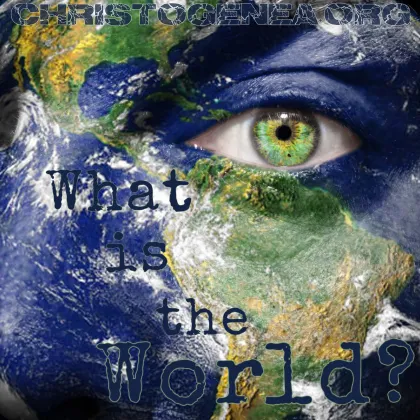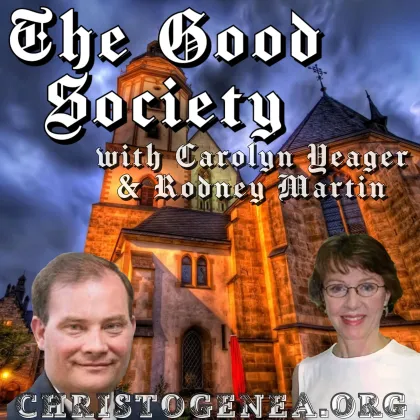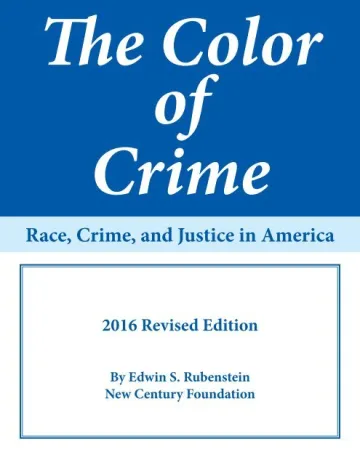2 Peter Chapter 3
2 Peter Chapter 3 - 04-06-2012
Peter wrote his first epistle to the Israelites of the ancient Assyrian and earlier dispersions, who were dwelling in western Anatolia, mostly as Greeks, Romans, Scythians and Galatians. People of other Adamic, but non-Israelite, origins also lived in western Anatolia at this time, such as Ionian Greeks and Lydians. The context of his first epistle also demonstrates that these people were already established in Christ, and that Peter was only edifying that establishment. Presenting Peter's first epistle here several weeks ago, certain statements from that first letter were illustrated in order to demonstrate just who his intended audience was. Among them were 1 Peter 2:10, 2:25 and 4:3 which all prove that Peter was not writing to Judaeans, but to the dispersion of Israel from the Assyrian deportations and beforetime, because the things which Peter cites could only refer to them, and could never refer to the Judaeans of the remnant 70-weeks' Kingdom, nor could they ever refer to people who were not descended from the ancient Israelites in the first place.








 Please click here for our mailing list sign-up page.
Please click here for our mailing list sign-up page.







